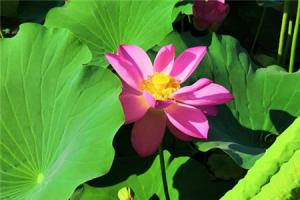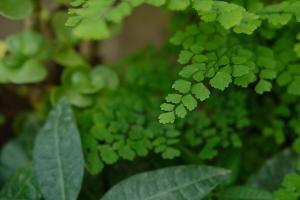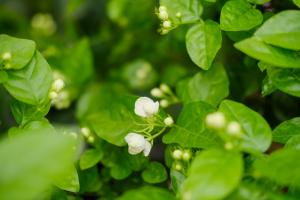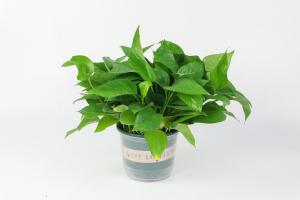Are Paste Tomato Plants Self-Pollinating?
Tomatoes are one of the most popular and versatile crops to grow in home gardens, with many varieties to choose from depending on one's taste preferences and gardening needs. One such variety is the paste tomato, which is used primarily for making tomato sauces and pastes. A common question among home gardeners is whether paste tomato plants are self-pollinating or require cross-pollination to produce fruit.
The Basics of Tomato Pollination
Tomatoes are generally self-pollinating plants, meaning that they can produce fruit without the need for cross-pollination from another plant. This is because the tomato flower contains both the female and male reproductive organs, making it possible for the plant to fertilize its own flowers.
Factors That Affect Pollination
While tomatoes are self-pollinating plants, there are certain factors that can affect their ability to produce fruit. One such factor is the temperature. Tomatoes typically grow best in temperatures ranging from 70 to 85 degrees Fahrenheit, and extreme temperatures above or below this range can affect pollination and fruit set. Additionally, humidity and wind can also impact pollination, as too much humidity can cause the pollen to clump together, while strong winds can detach the flower from the plant before pollination can occur.
The Role of Bees in Tomato Pollination
While tomatoes are self-pollinating plants, bees and other pollinators can play an important role in improving pollination and fruit set. This is because bees are efficient pollinators that transfer pollen more effectively than the wind or other natural forces. Additionally, bees are attracted to the bright yellow color of the tomato flower, making them more likely to visit and pollinate the flowers. For this reason, it can be beneficial to plant bee-friendly flowers and herbs around your tomato plants to attract pollinators to your garden.
Conclusion
In conclusion, paste tomato plants are generally self-pollinating and do not require cross-pollination from another plant to produce fruit. However, certain factors such as temperature, humidity, and wind can affect pollination and fruit set, making it important to plant tomatoes in optimal growing conditions. Additionally, bees and other pollinators can play a role in improving pollination and fruit set, so planting bee-friendly flowers and herbs in your garden can go a long way in ensuring a bountiful harvest.

 how many times do yo...
how many times do yo... how many planted tre...
how many planted tre... how many pine trees ...
how many pine trees ... how many pecan trees...
how many pecan trees... how many plants comp...
how many plants comp... how many plants can ...
how many plants can ... how many plants and ...
how many plants and ... how many pepper plan...
how many pepper plan...
































